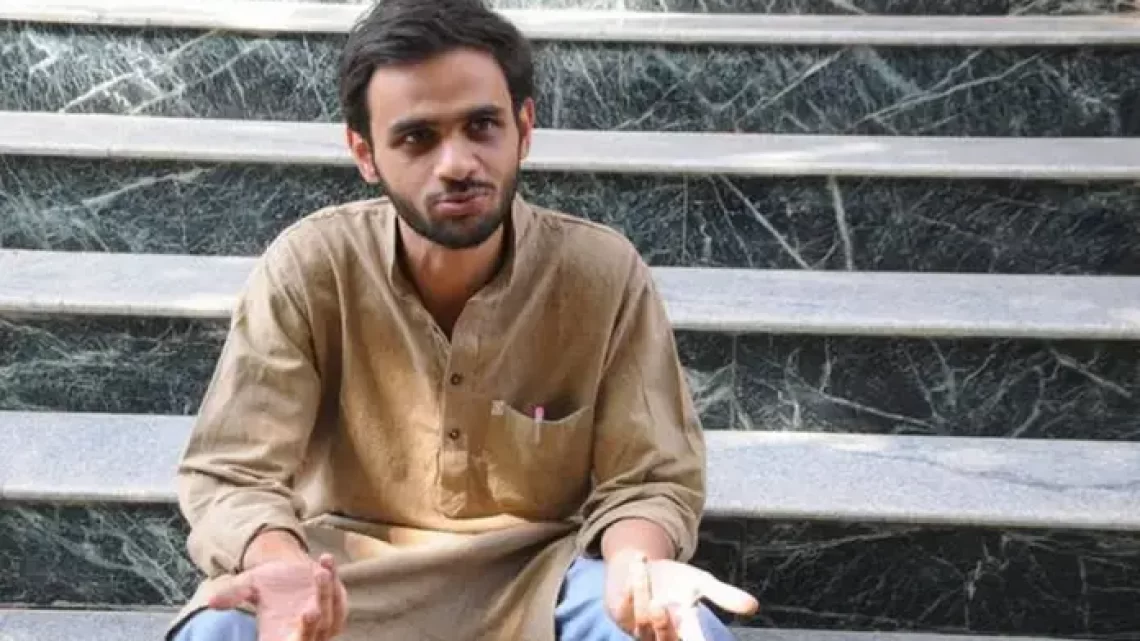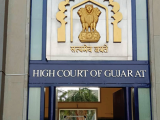
Scholar-cum-activist Umar Khalid’s Bail Plea Rejected by Delhi Court Even After 4 Years
May 30, 2024In a recent development, a Delhi court has denied bail to former Jawaharlal Nehru University scholar and activist Umar Khalid, who was arrested in September 2020 under the Unlawful Activities (Prevention) Act (UAPA). Additional Sessions Judge Sameer Bajpai of the Karkardooma Courts dismissed Khalid’s bail application, which was linked to his alleged involvement in the North-East Delhi anti-Muslim violence in February 2020.
The Delhi Police vigorously opposed Khalid’s bail, accusing him of attempting to amplify his narrative by messaging actors and politicians. Despite these claims, Khalid’s lawyer argued that other accused individuals, some facing more severe allegations than Khalid had already been granted bail. This disparity raised questions about the consistency and fairness of the judicial process in this high-profile case.
Khalid’s bail plea has faced significant delays. Over the course of his four-year-long incarceration, his bail hearing in the Indian Supreme Court was postponed 14 times. On February 14, 2024, Khalid’s lawyer, Kapil Sibal, withdrew the petition from the Supreme Court, opting to pursue the matter in a lower court instead.
The decision to deny bail has sparked widespread controversy. Human rights advocates and Khalid’s supporters argue that his continued detention under the stringent UAPA is an attempt to stifle dissent and silence a vocal critic of the Modi government. The UAPA, often criticized for its harsh provisions and potential for misuse, allows for prolonged detention without trial, which many view as a violation of fundamental human rights.
Khalid, known for his outspoken views and activism, has consistently maintained his innocence. His supporters claim that his arrest and prolonged detention are politically motivated, aimed at intimidating and punishing those who speak out against government policies. The denial of bail further intensifies concerns about the state of civil liberties and the treatment of activists in India.
The case has also highlighted the broader issues of judicial delay and the selective application of justice. Khalid’s prolonged incarceration without trial, coupled with the repeated delays in his bail hearings, underscores the challenges faced by many under the UAPA. Critics argue that such delays undermine the right to a fair and speedy trial, a cornerstone of democratic legal systems.
As Khalid remains behind bars, the controversy over his detention continues to draw attention both domestically and internationally. The case serves as a litmus test for India’s commitment to upholding human rights and the rule of law. It also raises important questions about the balance between national security and individual freedoms, and the role of the judiciary in protecting civil liberties.
The denial of bail to Umar Khalid not only affects him but also sends an alarming message to activists and dissenters across the country. As the legal battles continue, the case of Umar Khalid remains a significant and contentious issue, reflecting the broader struggles for justice and freedom of expression in India.

